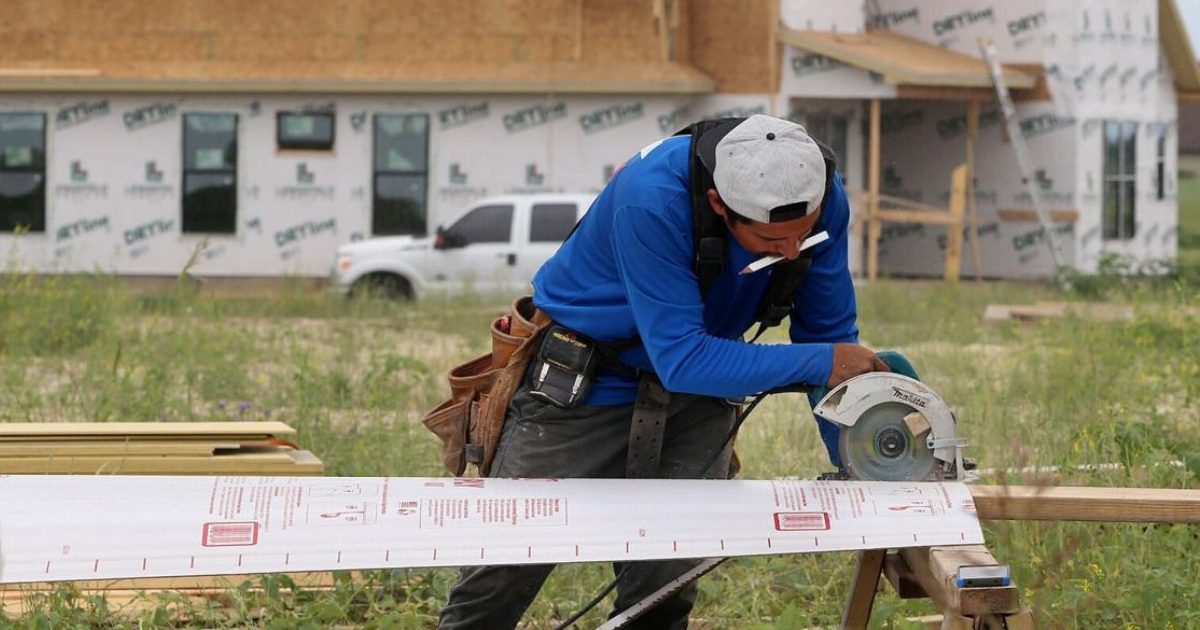
On Friday, NHC joined a group of leaders in affordable housing production, homebuilders, Realtors, labor leaders and lumber and other building supply manufacturers to discuss extraordinarily high building supply prices, especially lumber prices, which have had a deep and immediate impact on the production of housing that is affordable to Americans regardless of whether they are low-, moderate or middle-income.
U.S. Secretary of Commerce Gina Raimondo moderated the discussion at the White House with Secretary of Housing and Urban Development Marcia Fudge, National Economic Council Director Brian Deese, and Council of Economic Advisers Chair Cecilia Rouse as part of the White House’s Supply Chain Disruptions Task Force.
“We can’t resolve our long-term housing issues without addressing today’s supply bottlenecks, and vice versa,” said Deese. As a result, “it is harder to find an affordable home than at any point since the Great Recession,” Secretary Fudge said. The administration’s swift recognition of the problem and early steps to address it are encouraging. Unfortunately, we have a lot of work to do and the meetings that occurred this week are just the beginning of the process. In May, NHC, the National Association of Home Builders and 18 other organizations sent a letter to President Biden raising our concerns about the impact of the supply chain crisis on affordable housing.
Higher building supply prices change the economics of building projects. The extra expense has to be covered by something. In market-rate housing, rents rise with construction costs, making units less affordable. In the subsidized affordable housing market, rents are fixed. As the cost of construction rises, projects become harder to fund. Some will not be done, and others will have to close the resulting gap with additional subsidies. This leaves less subsidy money for other projects. The result is that the taxpayer’s investment in building more affordable housing is diluted with every extra dollar charged for building supplies.
Our work to address the affordable housing crisis in America is like climbing up a down escalator, and the higher building supply costs rise, the longer it will take us to reach our objective.
The result is that much of the desperately needed housing funds being debated in Congress may be diluted before it passes. We cannot afford to let this crisis continue. Every project that is canceled results in fewer affordable units, higher rents and less construction jobs. Everyone loses.
In our May 21 letter to President Biden, we made two recommendations. First, we requested that the White House convene a Building Supply Summit to address the rising price of materials, which occurred on Friday. We also requested that a Building Supply task force be formed at the U.S. Department of Commerce to investigate the root causes and develop practical solutions. That task force met earlier this week and is detailed in our newsletter.
I wish there were easy answers to why prices have risen so sharply but it’s not the case. Instead, there are a web of factors, from pandemic-related mill closures to trade barriers to concerns that some mills may be responding too slowly to the need for additional shifts. Some have suggested that lumber prices are falling, and the worst may be over. However, these price reductions are in the futures markets and home builder costs continue to be higher. It is also possible that the reduction in futures is due more to the reduction in demand caused by stalled projects due to the high prices. As that demand increases, so may prices. Clearly, there is a lot more for us to learn, and a lot more to do. Working together, we will find the necessary solutions. The cost of not doing so is too high.
David Dworkin is president and CEO of the National Housing Conference.

